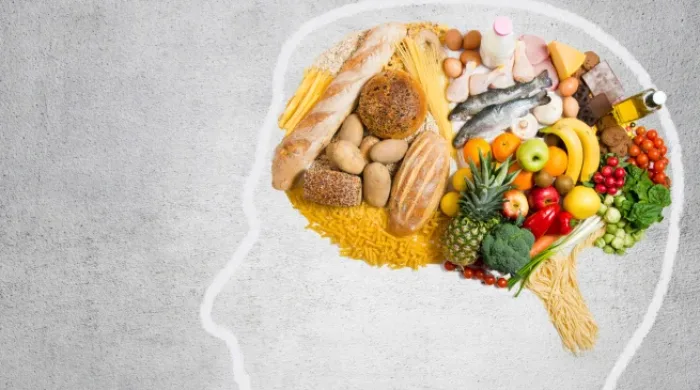The practice of eating organic foods may have once seemed like a passing trend, but thankfully for our health, it’s here to stay. In this post, we’ll discuss what makes food organic; explore the various benefits of eating certified organic foods; examine why it’s become so popular; share what impurities you may be ingesting by not eating organic foods; and talk about why many still have reservations about “going organic.”
What makes food organic?
In the U.S., food producers must go through a rigorous process for organic certification, which includes the following steps:
- The development of an organic system plan, which details all processes of how the food is grown, harvested, made, stored and transported. This includes substances used to cultivate the land where the food begins and preserve the food once it is prepared.
- A review of the organic system plan by a certifying agent after it’s been implemented to ensure all of the regulations for organic standards are being met.
- A comprehensive on-site inspection of operation facilities by a certifying agent, which may include soil testing (for farms/greenhouses), equipment use, a review of feed records, monitoring of animal conditions, a test of the water systems and more.
- A review of the inspection report by a certifying agent, and then finally a decision by the certifi If organic status is granted, each year an inspection occurs to ensure the regulations are still being met before renewal.
How do our bodies benefit from organic foods?
In both children and adults, the higher levels of antioxidants found in certain organic foods can help strengthen our immune systems and contribute to better overall health.
The reduction in the amount of pesticides in organic foods may also be good for healthier, clearer skin. Studies have shown that children have a lower risk of eczema and allergies if fed a primarily organic diet.
Why has organic food become so popular?
Eating organic foods has become popular in recent years because the foods are more readily available than they previously were and offer undeniable health benefits. In addition, many believe they taste better.
There is also a greater awareness about caring for the earth in the face of climate change and many farms that produce organic foods follow more stringent environmental guidelines.
Are non-organic foods harmful?
Organic foods are hormone and GMO-free, contain fewer pesticides (if any), use fewer preservatives and often contain a higher level of nutrients.
Food additives and preservatives—and even some antibiotic resistant bacteria—in non-organic foods such as meat can have toxic effects on the body and contribute to long-term health issues, although more studies need to be done to prove the severity of these claims. Individuals with food sensitivities may also find organic foods easier to digest than non-organic or more heavily processed alternatives.
Why don’t we all eat organic foods?
It may seem like a natural choice to switch to a purely organic diet for the reasons listed above, but many people are hesitant for a few reasons:
- Organic foods tend to be higher priced than regular foods because of the cost to produce them and the extensive certification process, which takes time and resources. This prevents many families who would otherwise switch from doing so because they have to maintain their budget.
- Volume of Studies. There may need to be more long-term studies on the positive impacts of eating organic to convince the masses that making the switch is worth it.
- Not everyone lives near organic grocers or grocers who have large selections available for organic options.
Talk to a Medical Professional
If you’d like the support of a healthcare provider in to guide you in establishing healthier eating habits that include organic foods, contact Western Washington Medical Group Family Practice and request an appointment today.
